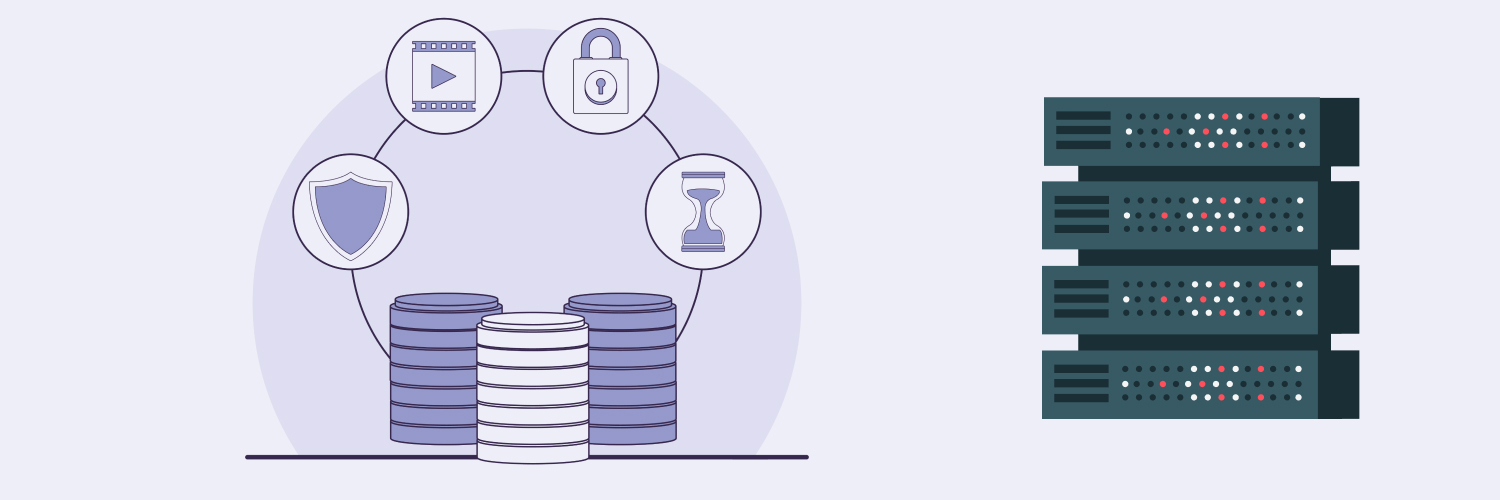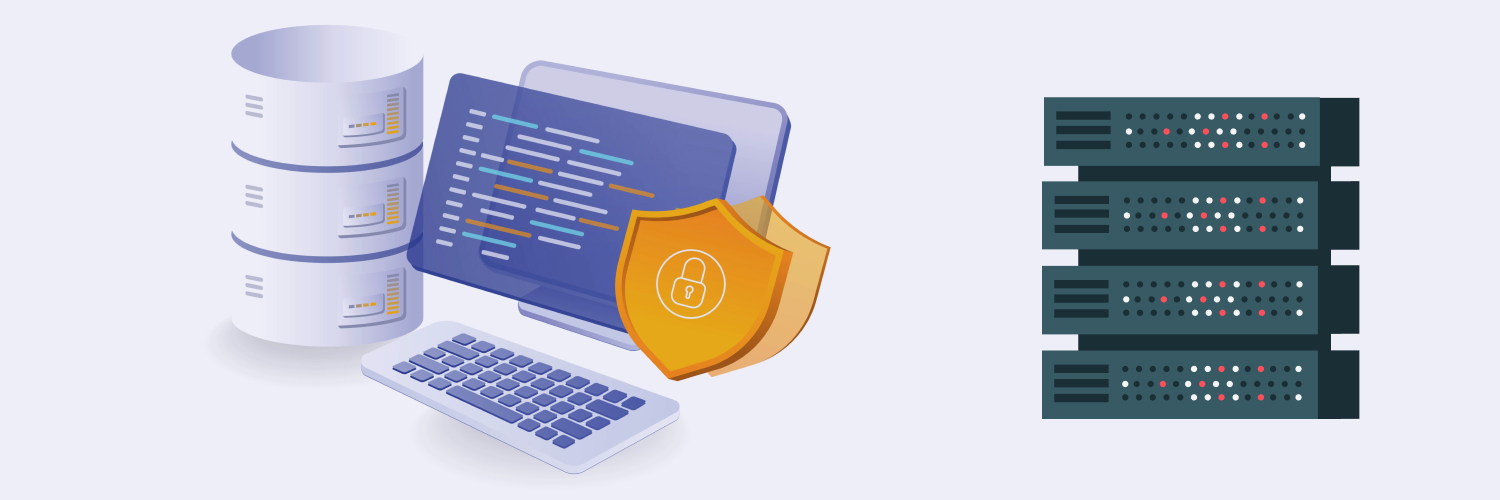How to Make BeautifulSoup Parsing Faster (for Web Scraping)
Speedy web scraping is often the key to unlocking a treasure trove of data swiftly and efficiently. While BeautifulSoup stands as a stalwart ally in parsing and extracting information from web pages, the pursuit to make BeautifulSoup faster remains a perpetual quest for enthusiasts and professionals alike.
In this article, we explore the topic of how to make BeautifulSoup faster for web scraping. We delve into the intricacies of maximizing the performance of this powerful Python library, uncovering a myriad of techniques and optimizations to propel your scraping endeavors to new heights.
Join us on this expedition as we unravel the secrets to turbocharging BeautifulSoup, transforming it from a reliable parsing tool into a high-speed engine for data extraction.
From leveraging advanced parsing techniques to harnessing parallelization and optimization methodologies, we’ll equip you with a comprehensive arsenal of approaches tailored to expedite your scraping workflows.
What is BeautifulSoup?

BeautifulSoup is a popular Python library designed for parsing data.
This library serves as a powerful tool for web scraping by providing a convenient way to extract data from web pages, acting as a parser and providing a structured interface to interact with the contents of web pages. BeautifulSoup simplifies the web scraping process by allowing developers to traverse the HTML or XML document tree, locate elements, and extract relevant data efficiently.
Let’s take a look at the specific uses of BeautifulSoup in web scraping:
- Parsing HTML: BeautifulSoup parses the raw HTML retrieved from a website, converting it into a parse tree of nested Python objects. It supports various parsers like html.parser, lxml, and html5lib, allowing developers to choose the one best suited for their needs.
- Creating a Soup Object: To begin scraping, developers create a BeautifulSoup object by passing the HTML content and the desired parser. This object represents the parsed HTML document and provides methods and attributes to navigate and search the document’s structure.
- Navigation and Searching: BeautifulSoup offers methods like find, find_all, and CSS selector-based querying to navigate the parse tree and locate specific elements based on tags, attributes, or patterns. These methods enable precise targeting of elements containing the desired data.
- Extracting Data: Once the desired elements are located, BeautifulSoup provides methods to extract data from these elements. This includes extracting text, attributes, or specific content encapsulated within HTML tags. It allows for fine-grained extraction of information.
- Handling Complex Structures: BeautifulSoup gracefully handles complex HTML structures, including malformed or poorly formatted HTML. It can parse even challenging HTML documents, making it ideal for handling various web page structures encountered during scraping.
- Traversal and Manipulation: Besides extraction, BeautifulSoup enables tree traversal, allowing developers to navigate through parent-child relationships and sibling elements. It also supports manipulation, such as adding, modifying, or removing elements from the parse tree.
- Integration with Other Libraries: BeautifulSoup seamlessly integrates with other Python libraries, like requests for fetching web pages, making it a part of a comprehensive and efficient scraping workflow. BeautifulSoup also includes error handling mechanisms to deal with scenarios like missing elements or unexpected structure changes within the parsed document.
BeautifulSoup’s user-friendly API, flexibility in navigating HTML structures, and its ability to handle various scraping scenarios make it a popular choice for developers engaging in web scraping tasks. The library’s simplicity and effectiveness streamline the process of extracting valuable data from the vast landscape of the internet.
How to Make Web Scraping in BeautifulSoup Faster

Improving the speed of web scraping with BeautifulSoup involves optimizing your code and leveraging the library’s functionalities efficiently.
Here are eight key techniques and best practices for enhancing scraping speed in BeautifulSoup:
- Use Parser Optimizations: Choose the appropriate parser for your task — lxml and html5lib parsers are generally faster than the default html.parser. Installing lxml as a C-based parser can significantly boost parsing speed, but must be installed correctly in your environment.
- Minimize DOM Traversal: Whenever possible, directly access the specific elements you need instead of traversing the entire DOM tree. Use CSS selectors or precise querying methods to target the required data directly. Limit your search scope by narrowing down the search according to specifying parent elements or unique identifiers to locate the desired content efficiently.
- Reduce Function Calls: Avoid unnecessary function calls within loops or when fetching data. Minimizing function calls can improve overall performance.
-
- Optimize Network Requests: Reduce HTTP requests by combining requests where feasible and fetching multiple pieces of data in a single request instead of making separate call for each item. Implement asynchronous techniques or libraries for concurrent requests to scrape multiple pages simultaneously, boosting speed significantly.
- Caching and Throttling: Cache data locally to avoid repeated requests for the same content, especially if the website updates infrequently. Implement delays or throttling between requests to mimic human behavior and avoid overwhelming the website’s server, preventing IP bans or rate limiting.
- Profiling and Optimization: Use profiling tools to identify bottlenecks in your code. Tools like cProfile in Python can help pinpoint areas consuming the most time. Optimize critical sections of code by replacing slow operations with more efficient alternatives.
- Avoid Unnecessary Data Processing: Avoid unnecessary processing of data until it’s required. Perform minimal processing during scraping and defer complex operations until later stages to speed up initial extraction processes, even when BeautifulSoup is parsing slowly.
- Upgrade Python and Libraries: Ensure BeautifulSoup and all related libraries are updated to the latest versions to take advantage of performance improvements and bug fixes.
By employing these strategies and tailoring them to your specific scraping requirements, you can significantly enhance the speed and efficiency of web scraping with BeautifulSoup. Experiment with these techniques and combinations to find the optimal approach for your scraping tasks.
The Role of Proxies in Boosting BeautifulSoup Speed

Using proxies — especially those with lower latency, like data center or ISP proxies — can significantly expedite the scraping process despite any inherent slowness in BeautifulSoup’s parsing speed.
Here’s how proxies can help make BeautifulSoup faster:
- Reduced Network Latency: Proxies closer to the target website’s server reduce network latency. Data center proxies, being located in data centers close to internet backbone connections, often offer faster response times compared to residential proxies. Similarly, ISP proxies leverage direct connections, minimizing latency. This reduced latency translates to quicker data retrieval, compensating for any parsing slowdowns.
- Parallel Request Handling: Proxies enable parallelization of requests, allowing multiple requests to different IP addresses simultaneously. This concurrent processing capability can drastically speed up scraping by fetching multiple pages in parallel. Even if BeautifulSoup parsing is slow, the ability to fetch multiple pages concurrently through proxies minimizes the impact of parsing delays.
- Distributed IP Pool: Proxies, especially those from diverse locations, provide access to a distributed pool of IP addresses. This allows for IP rotation, helping bypass rate limiting or IP-based blocks imposed by websites. Utilizing multiple IP addresses through proxies reduces the risk of being detected as a scraper and getting blocked, enabling continuous and faster scraping.
- Load Balancing and Scalability: Data center proxies often offer load balancing across multiple servers, optimizing traffic distribution and ensuring efficient utilization of resources. Similarly, ISP proxies manage traffic across their networks efficiently. This load balancing capability improves overall scraping performance and scalability, even if BeautifulSoup’s parsing speed remains constant.
- Reliability and Uptime: Data center proxies and ISP proxies offer high reliability. Their infrastructure is designed to maintain consistent availability, minimizing downtime. Reliable proxies ensure uninterrupted scraping operations, contributing to a smoother and faster scraping experience.
- Resource Isolation: Proxy servers act as intermediaries between your scraping system and the target website. Using proxies, especially data center proxies, ensures resource isolation. This separation shields your local network from potential bans or blacklisting, safeguarding your infrastructure and allowing continuous, unhindered scraping.
- Cost Efficiency: Data center proxies and ISP proxies often come at a lower cost compared to residential proxies or specialized scraping solutions. Their cost-effectiveness makes them an attractive option for scaling scraping operations without incurring substantial expenses.
By leveraging proxies with lower latency such as data center or ISP proxies, scraping processes gain speed and efficiency, compensating for any parsing sluggishness in BeautifulSoup.
The combination of reduced network latency, parallel request handling, distributed IP pools, and reliability offered by these proxies collectively optimizes scraping operations, allowing for faster and more robust data extraction from target websites.
Final Thoughts

As our exploration into accelerating BeautifulSoup for web scraping draws to a close, we’ve unearthed a wealth of insights and strategies to propel your scraping endeavors to greater speeds and efficiencies.
From parsing optimizations to parallelization techniques, we have outlined a clear roadmap to transforming BeautifulSoup into a high-speed engine for data extraction.
However, our journey doesn’t end here. The world of web scraping is ever-evolving, and new challenges and innovations constantly emerge. As you venture forth, remember that the quest for speed is a continual refinement process. Embrace experimentation, stay updated on advancements in parsing and scraping methodologies, and adapt your techniques to suit the evolving digital terrain.
With speed as your ally and BeautifulSoup as your trusty companion, your scraping endeavors are poised for remarkable achievements. Embrace the lessons learned, continue refining your skills, and embark on your scraping journeys with confidence, knowing that you hold the keys to unlocking the boundless wealth of data that awaits across the vast expanse of the internet.
Happy scraping!
The information contained within this article, including information posted by official staff, guest-submitted material, message board postings, or other third-party material is presented solely for the purposes of education and furtherance of the knowledge of the reader. All trademarks used in this publication are hereby acknowledged as the property of their respective owners.






